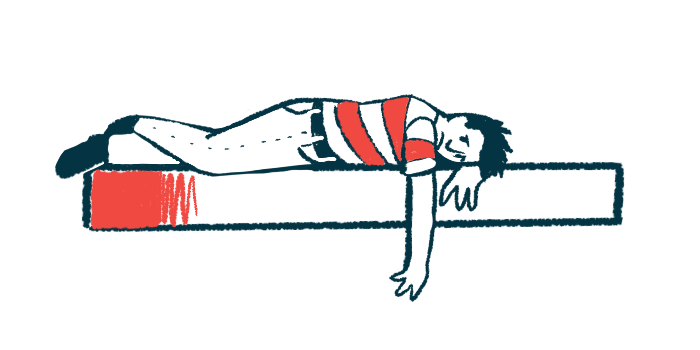Counseling may help mental health of PH patients, but studies lacking
More research 'clearly' needed into ways of managing anxiety and depression

Psychological counseling and therapy are among the interventions that may help adults with pulmonary hypertension (PH) manage depression and anxiety, a review paper reports.
Data in this area are limited, however, and the review highlighted a need for more research into how best to support the mental health needs of people with PH.
The report, “A systematic review of psychological interventions in adults with pulmonary hypertension: Is the evidence-base disproportionate to the problem?” was published in The Clinical Respiratory Journal.
Review found four relevant studies of mental health interventions
Living with a chronic illness like PH can be stressful. While most research has focused on how to manage the physical side of the disease, in recent years focus has been turning to the mental health struggles of people with PH.
A team of scientists in the U.K. conducted a review of scientific literature to examine what is known about psychological interventions to support the mental health of people with any PH type or classification.
“Advancements in how PH is diagnosed and treated have resulted in people living longer with the condition. There is now a need to extend treatment beyond the physical symptoms, as research has shown this group are significantly impacted” by their disease, the scientists wrote.
Four relevant articles, all published in 2016 or later, were identified. Two detailed clinical trials in which some patients received therapy or counseling while another set of patients, serving as controls, did not. A third paper was an observational study reporting on the effects of cognitive behavioral therapy, while the fourth was a case report detailing one patient’s experience with metacognitive therapy.
Cognitive behavioral therapy is a type of talk therapy (psychotherapy) that can help to change the way a person thinks and behaves; metacognitive therapy targets specific psychological processes involved in the control of thinking, which helps patients to free themselves from rumination — repetitive thinking or dwelling on negative feelings — and worry.
“Although the increased risk of mood disorders in [people with PH] is well recognised, the evidence for treating such psychological distress using therapy is limited,” the scientists wrote.
Therapy or counseling tended to ease patients’ anxiety and depression
Across all four papers, findings generally showed that patients given therapy or counseling tended to report an easing in anxiety and depression, with a significant difference relative to the control groups in clinical trials.
Overall, available data suggest that psychological interventions may help people with PH to manage their mental health, the scientists concluded. But available data are limited, and they stressed that additional studies in this area are needed.
“It is clear that more research is needed to help address the gap between the problem and evidence-base,” the scientists wrote.
They also noted that due to the small number of eligible studies and to their different methods, samples, interventions and measures, conducting a meta-analysis — an analysis that combines the results of multiple scientific studies — was not possible.








